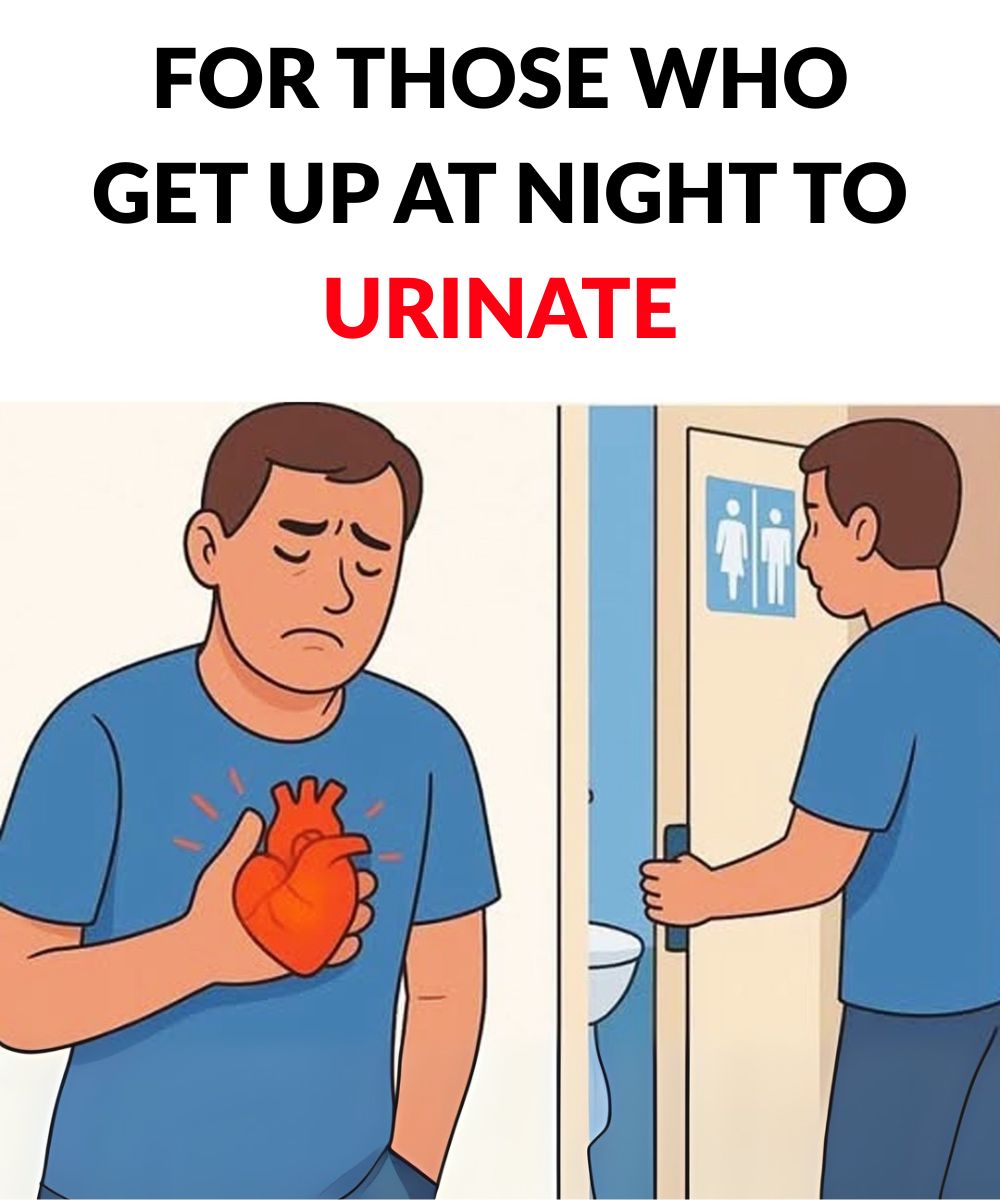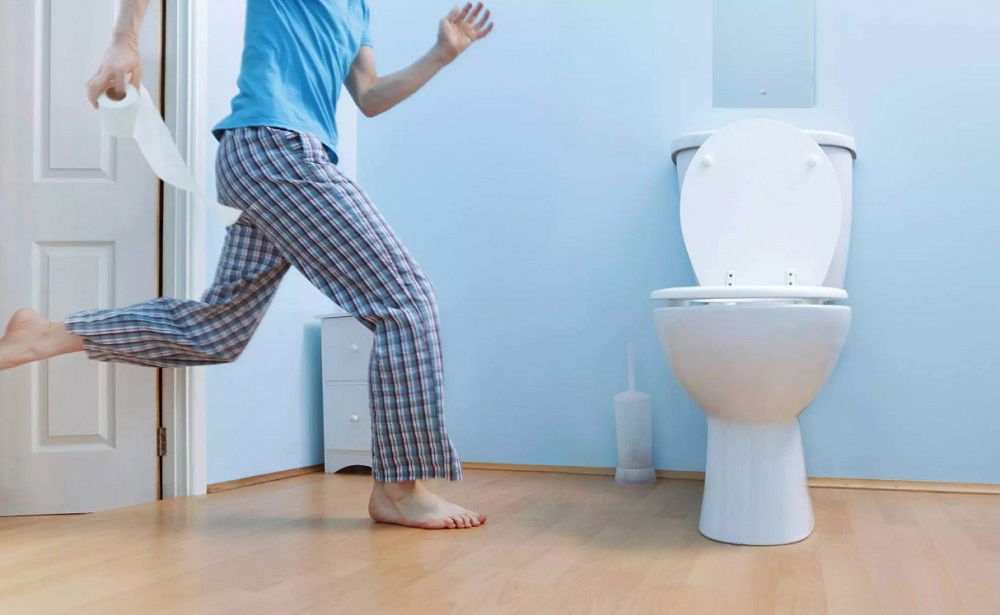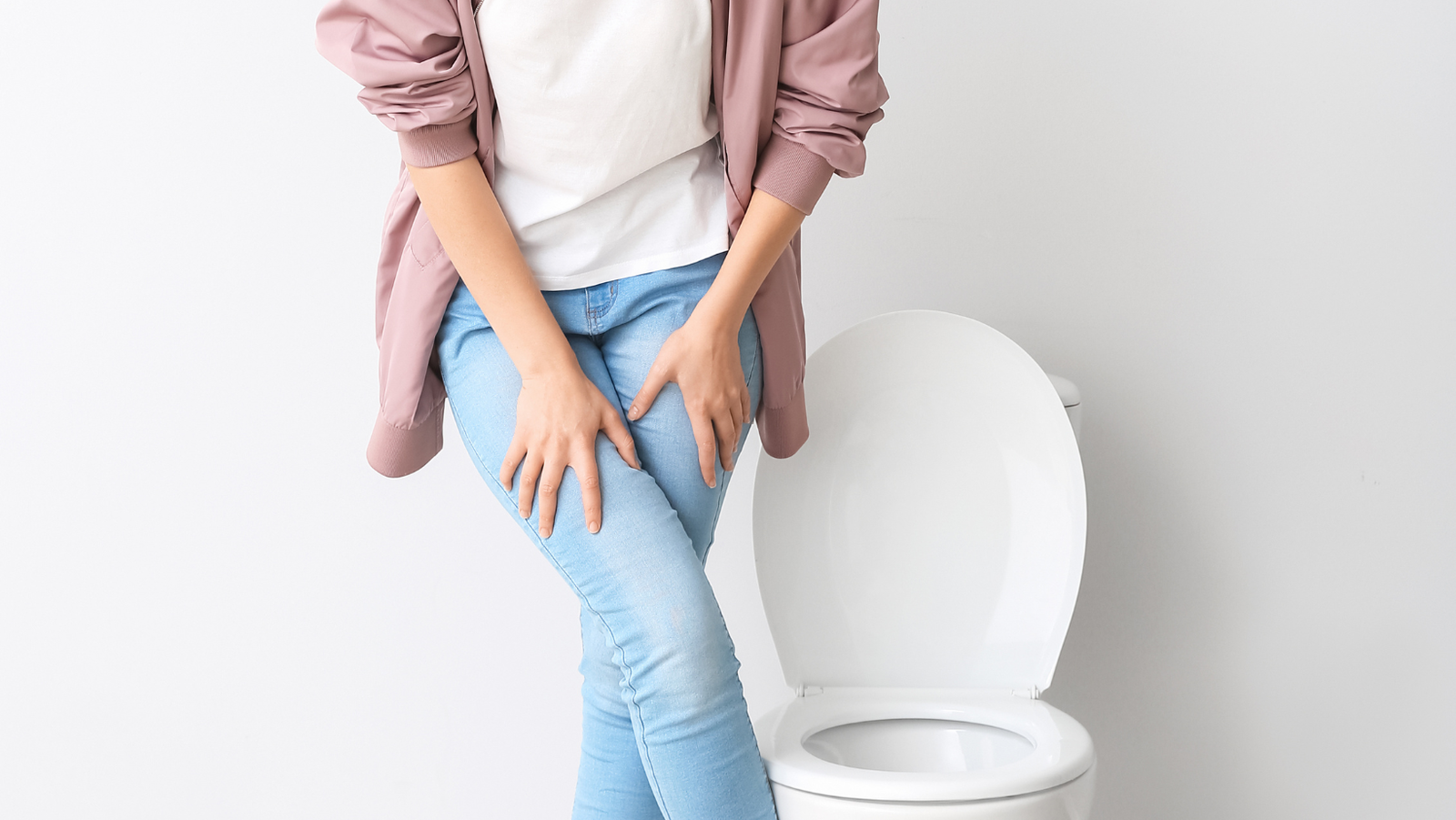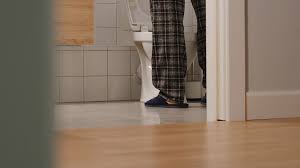
Waking up in the middle of the night to use the restroom is not always cause for alarm. However, if it occurs frequently or begins to interfere with your sleep and daily life, it could indicate an underlying problem. Understanding the difference between regular and abnormal nighttime urination, also known as nocturia, might help you decide when to consult a doctor.
What’s Considered Normal?
Most healthy adults can sleep through the night without needing to urinate. It is not uncommon to wake up once during the night, particularly after drinking a lot of fluids in the evening or taking alcohol or caffeine. In reality, waking up once a night to urinate is typically regarded normal, particularly as individuals get older.

As we age, our bodies generate less of the hormone that helps us retain fluid, and our bladder capacity may decline. This is why adults over 60 are more prone to have nocturia.
When Does It Become Abnormal?
Frequent nightly urination becomes a problem when it occurs twice or more per night on a regular basis, especially if it interferes with your sleep or causes weariness throughout the day. Here are some warning indicators that could indicate anything abnormal:
- Waking up frequently at night for no apparent reason (for example, drinking too much liquids).
- Feeling a strong or painful urge to urinate at night.
- Sleeping poorly or feeling tired throughout the day as a result of overnight potty sessions.
- Producing a high amount of urine at night (nocturnal polyuria).
- Increased frequency throughout the day and night.
Common Causes of Abnormal Nocturia

Several medical and lifestyle factors can contribute to abnormal nighttime urination:
- Overactive bladder (OAB): A condition where the bladder muscles contract too often, causing frequent urges to urinate.
- Urinary tract infections (UTIs): Can cause a burning sensation and increased need to urinate.
- Diabetes: High blood sugar levels can lead to excess urine production, even at night.
- Congestive heart failure: May cause fluid buildup in the legs during the day, which is then reabsorbed at night.
- Sleep disorders: Such as insomnia or sleep apnea, which may make you more aware of the need to urinate.
- Medications: Especially diuretics or drugs taken close to bedtime.
Tips to Manage Nighttime Urination

If you have nocturia, some lifestyle adjustments may help:
- Limit your fluid intake 2-4 hours before bedtime.
- Avoid caffeine and alcohol in the evenings.
- Elevate your legs during the day if you have leg swelling.
- Wear compression socks to minimize fluid retention.
- Before you go to bed, make sure your bladder is entirely empty.
When to See a Doctor
If midnight urine becomes regular, unpleasant, or disrupts your sleep, you should see a doctor. They may recommend keeping a bladder diary to note your fluid consumption, urine production, and frequency of overnight awakenings. Diabetes, infections, and bladder function may all require testing.
In conclusion, waking up once a night to urinate is mostly innocuous. However, if it becomes a regular disruption, it is worth paying attention. Understanding what’s normal for your age and lifestyle, as well as obtaining medical guidance when necessary, can help you protect your sleep and overall health.
















